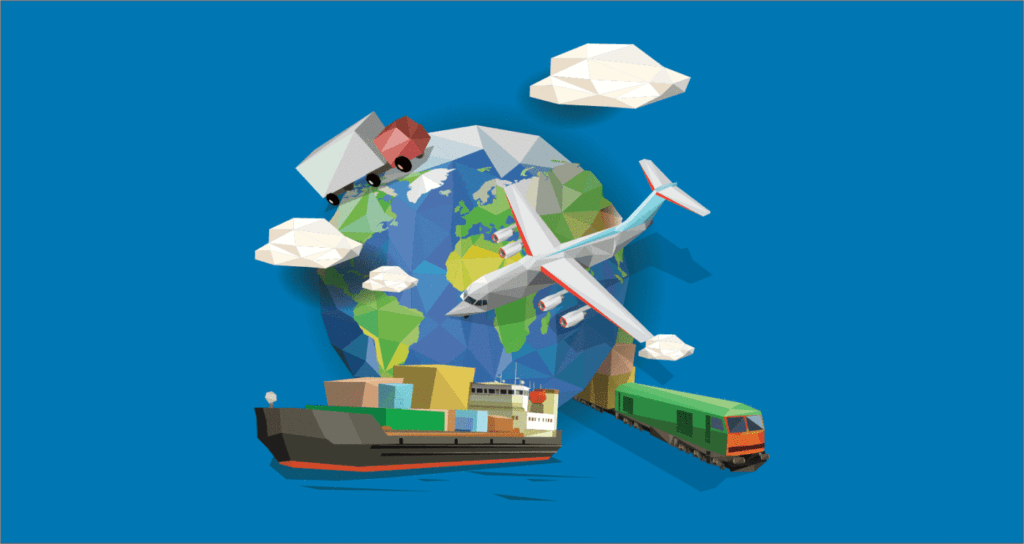5 Main Challenges of B2C International Shipping Fulfillment

If you’re an entrepreneur, especially if you’re using the B2C model (simply put, you sell to customers rather than to fellow businesses or B2B), you have the golden opportunity to touch very wide markets – thanks to international trade. Your online store can sell to as many countries as you wish, and you can sell […]

